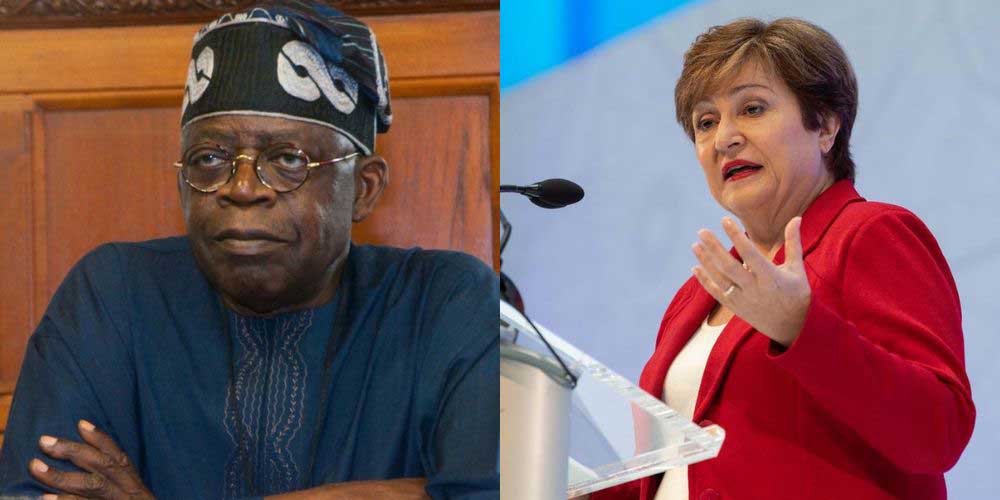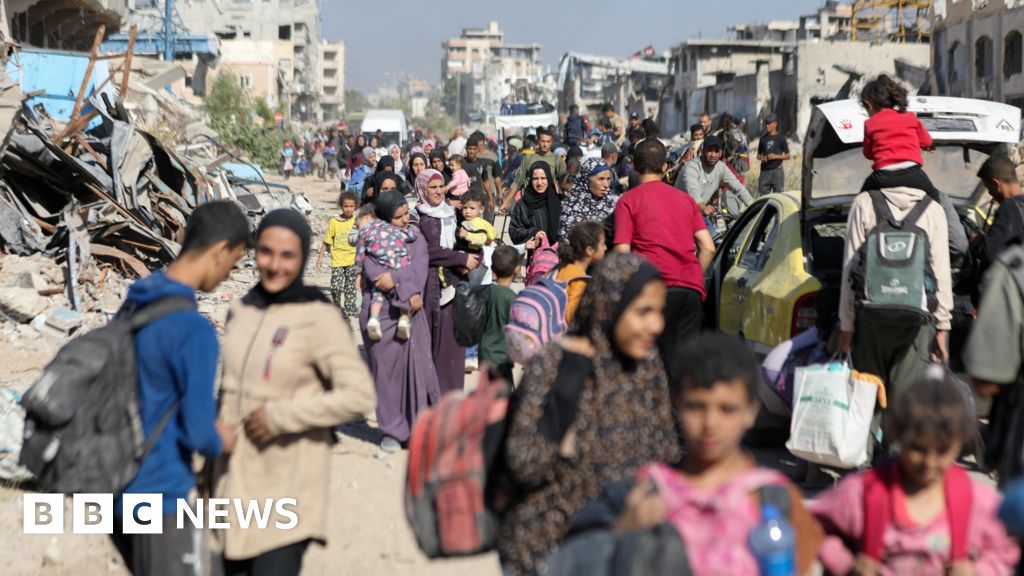Place your adverts here on InfoDig @ low rates; banner ads, sponsored links and guest articles etc. Contact us
… Dollar Value Of Nigeria’s GDP Worse Under Tinubu’s Govt- Alaje
A report by the International Monetary Fund (IMF) has shown that Nigeria’s inflation will remain above 32 per cent until the end of 2024.
Specifically, IMF projected in a document titled World Economic Outlook, October 2024, that inflation will be at 32.5 per cent.
Based on the consumer price index for emerging and developing economies, IMF projected that inflation will drop to 25 per cent.
The report further gave reasons for the -0.2 per cent downgrade of GDP projection to 2.9 per cent in 2024.
According to the report, weaker than expected output in Nigeria is responsible for the downgrade. The slow economic activities in Nigeria also impacted the sub-Saharan Africa GDP projection.
The report said, “In sub-Saharan Africa, GDP growth is similarly projected to increase, from an estimated 3.6 percent in 2023 to 4.2 percent in 2025, as the adverse impacts of prior weather shocks abate and supply constraints gradually ease.
“Compared with that in April, the regional forecast is revised downward by 0.2 percentage point for 2024 and upward by 0.1 percentage point for 2025.
“Besides the ongoing conflict that has led to a 26 percent contraction of the South Sudanese economy, the revision reflects slower growth in Nigeria, amid weaker-than-expected activity in the first half of the year.”
Economist and Senior Partner of SPM Professionals, Dr. Paul Alaje said, “Nigeria’s economic problem started when we did not prepare for the rainy season.”
He said when crude oil prices where down in 2015, the government of former president Muhamadu Buhari resorted to printing nearly $50bn equivalent in naira.
Alaje said, “That is perhaps why we have high unemployment today at 32.7 per cent and when we look at unemployment figures, it is higher than what is expected by 1 to 2 per cent.
“GDP has grown by over 3 per cent as positive when you use naira term. But when you use dollar term, you will see that Nigerian GDP has plunged from over $400bn to around $250bn.
“When you compare Nigeria with the rest of the world, you will use one of the major currencies- dollar, euro or pounds and when you use any of these, our GDP is far worse of than where we where.”
He decried that in Africa “We were number one, but today, according to IMF, we are no longer number one. We are not number two, we are now number four.”
He said the policy recommendation made by the IMF and the World Bank which led to naira floating has increased production cost and led to the closure of manufacturing firms.

















 English (US) ·
English (US) ·